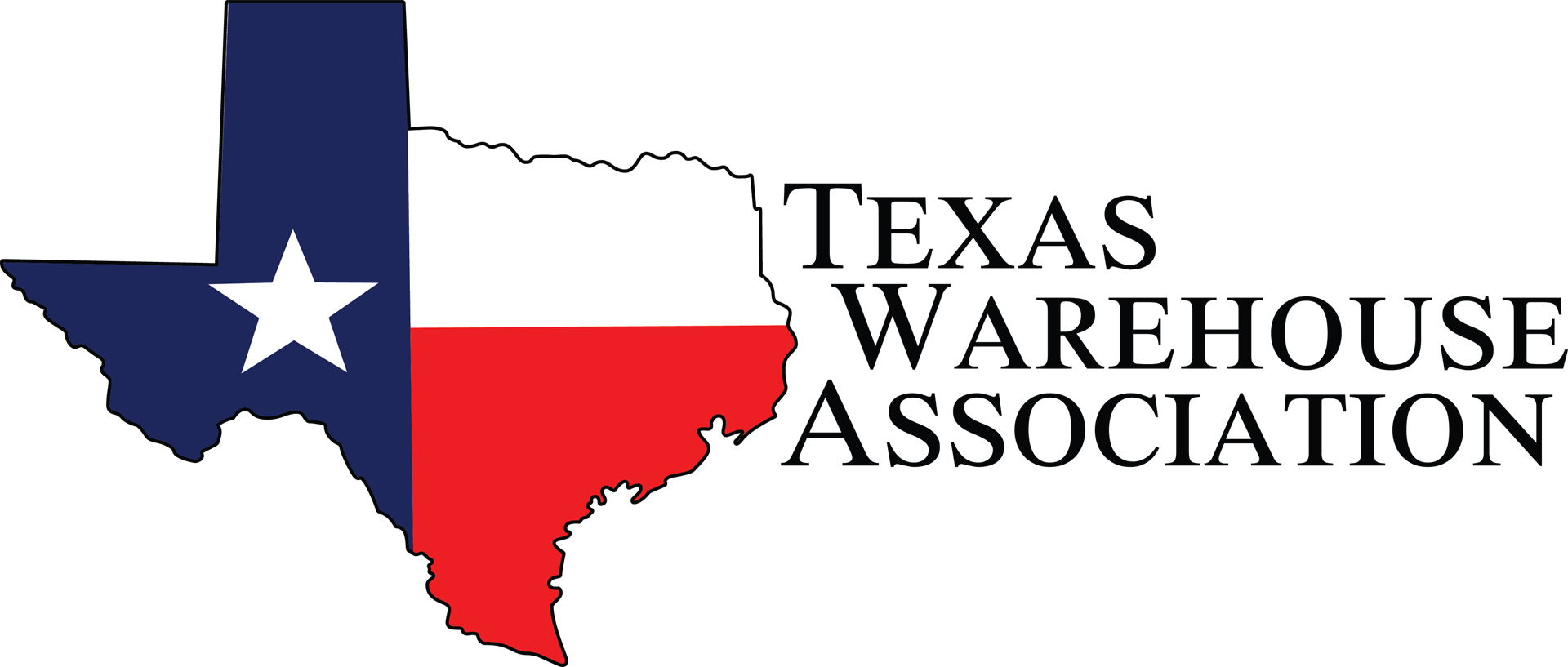On two occasions the Texas Legislature has moved to place our storage and handling rates on the state sales tax list which would have required us to increase our rates by 8.25% or absorb that amount in reduction of profits. We were able to use our new organization strength to keep our sales tax exemption. In that year we started our effort to eliminate Texas intrastate trucking regulation. Many shippers were moving their distribution operations out of Texas so that they could ship to their Texas customers using interstate truck rates, which were about one half of the rates required by the Texas Railroad Commission.
Through an overture to the Interstate Commerce Commission, TWA was able to secure an ex parte ruling that stated that shipments from outside the state to a warehouse in the state and then beyond to a customer also in the state, were deemed to be interstate in nature all the way from origin to destination. When enforced by the federal government, this had the effect of lowering the rates on 85% of the freight that warehouses had tendered to Texas common motor carriers. With the very able assistance from Railroad Commissioners Carole Rylander and Barry Williamson, we were able to deregulate Texas intrastate trucking. The Texas Warehouse Association was the group directly responsible for accomplishing this very important declaration.
In the 1995 session of the legislature we proposed HB 2608 which would have extended the Freeport Amendment to all parts of Texas, it passed the House by 114-20, but we were unable to get a bill out of the senate. This was our first attempt to reduce the impact of the Texas Inventory Tax which has caused the loss of at least 27,000 jobs in Texas.
In 2007 under a bill sponsored by Representative Norma Chavez in the House and Senator Robert Duncan in the Senate, we were able to get signed into law HB 621 which provided an option to exclude ad valorem tax on goods moving in interstate transit and held not more than 175 days in storage. The execution of these property taxes would have made Texas competitive with surrounding states. The appraisal districts interpreted the bill as too broad and most taxing districts opted out of the provisions. In 2009 we went back to the legislature to seek technical corrections that would make HB 621 more effective. We passed SB 947 in the Senate and it was voted out of Committee in the House, but died along with 200 other passed Senate bills because of political infighting in the House.
In 2011, SB 1 was passed and included our technical correction narrowing the scope of the exemption from ad valorem taxes. The language was added to mean tangible property that is stored under a contract of bailment by public warehouse operators or 3rd party logistics providers at one or more warehouses in the state that are not controlled by the owner of the personal property for the account of the person who acquired or imported the property. The bill went on to define bailee and warehouse to have the same meaning assigned by Sec 7.102, Business & Commercial Code. SB 1 was passed in the Special Session which was signed into law. AB 1 Article 48 includes are updated language on pages 121-125 of the 263 page bill. See attached pdf by clicking here.??
It continues to give taxing authority the option to opt out, but to do so the taxing authority had to hold a public meeting. If the opt out doesn't occur, goods in transit (in storage 175 days or less) will not be assessed ad valorem taxes. We are continuing to work with our local taxing authorities to get this done. Most have opted out but the effort must continue to eliminate this tax in order to help make Texas competitive with other states that do not impose this tax.
While our legislative efforts are important, they are not the only contributions made by your association. Dozens of calls have been received at the association office from members and member’s customers for assistance with state and federal agencies and commissions. Most of these problems are brought about by a total misunderstanding on the part of both parties and the problems have been worked out readily. Since the association represents the entire industry, we can take stands that an individual may hesitate to take.
Your association has intervened in controversies with such agencies and commissions as EPA, both state and federal, Texas Department of Health, Texas Department of Agriculture, Comptrollers Offices, Governor’s Office, Texas Department of Licensing & Regulation, The U. S. Surface Transportation Board, OSHA, both state and federal, and others. We have been able to make them understand us and we have been better able to understand them.
